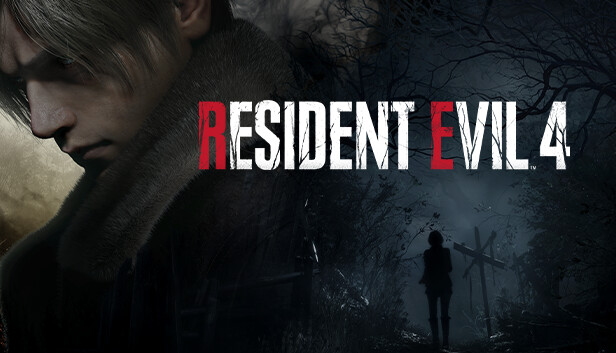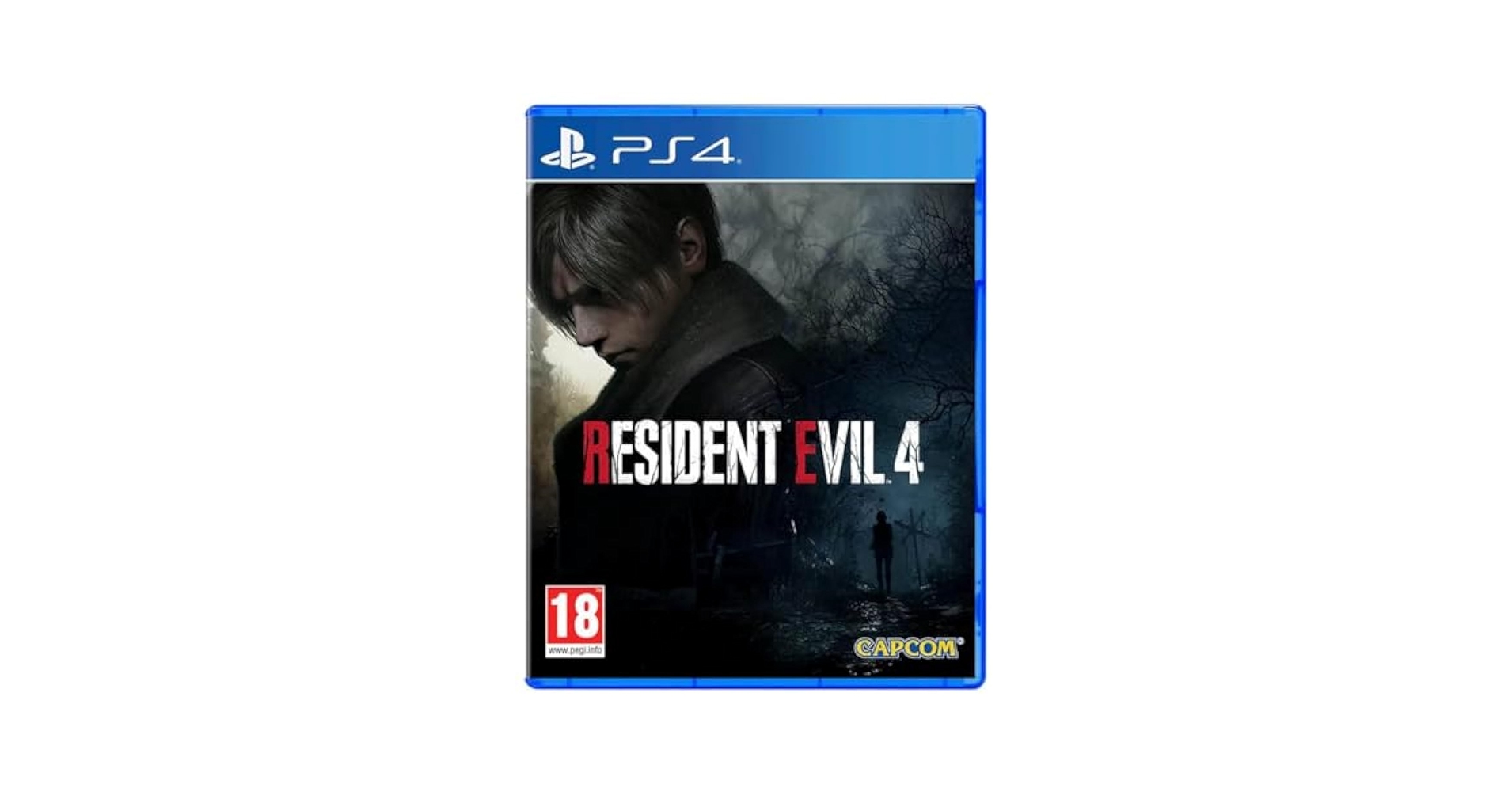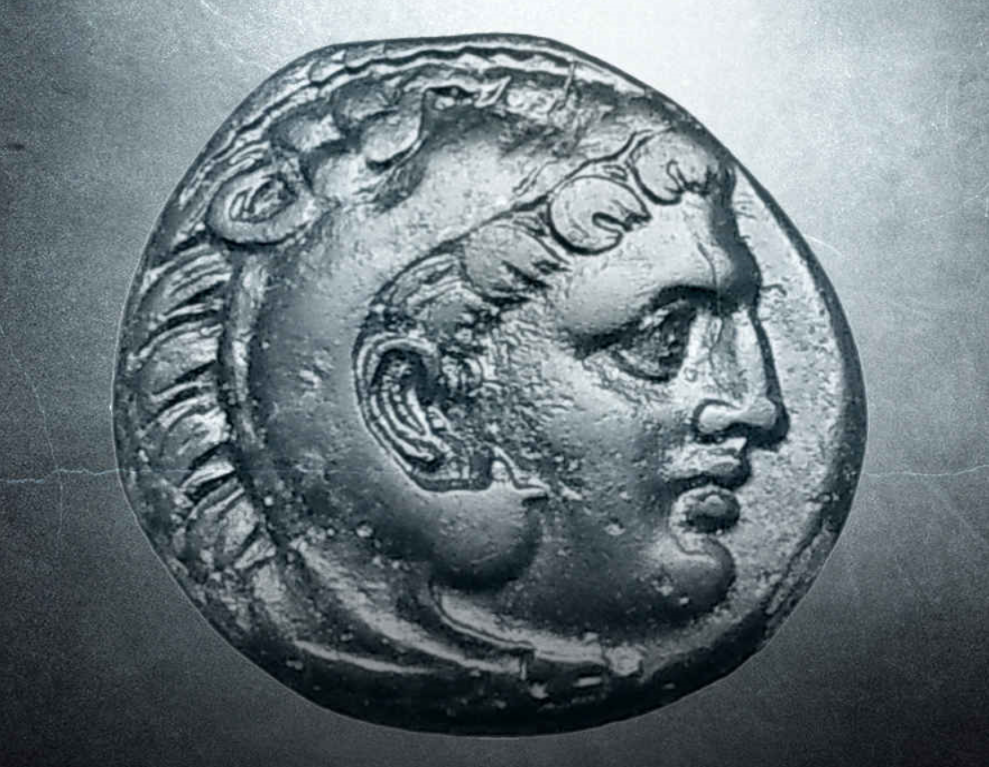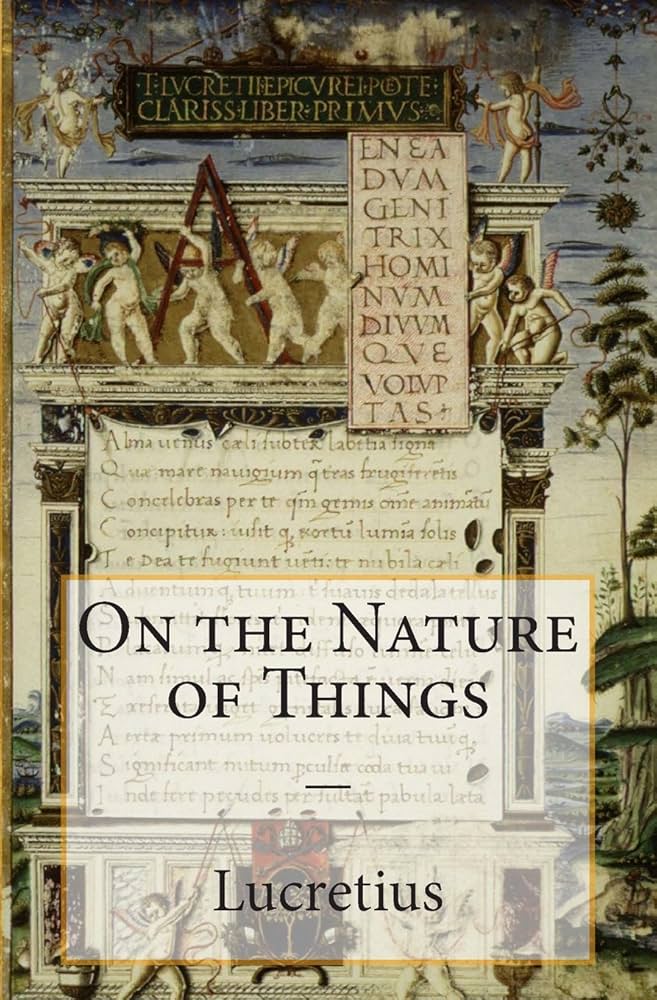Resident Evil 4: A Legendary Survival Horror Classic
Resident Evil 4 is a first-person survival horror video game developed by Capcom and released in 2005. The game is known for its engaging storyline, memorable characters, and challenging gameplay, which pushed the boundaries of the survival horror genre. In this article, we will delve deep into the history, gameplay, characters, and cultural impact of Resident Evil 4, exploring why it remains a beloved classic in the gaming industry.
Development and Release
Resident Evil 4 was developed by Capcom after a successful run of previous titles in the series, particularly Resident Evil 3: Nemesis, which was well-received but also saw criticism for some of its gameplay elements. The development team aimed to create a more accessible and dynamic survival horror game, making the title more user-friendly and enjoyable for a broader audience.
Originally, Resident Evil 4 was to be a standalone game, but it eventually set the stage for the Umbrella Corporation storyline in the series, leading to its sequel, Resident Evil: Code Veronica, and the subsequent Resident Evil: Alternates Universe. The game was released in multiple regions, including North America, Japan, and Europe, in 2005 and was met with critical acclaim and commercial success.
Gameplay Mechanics
Resident Evil 4's gameplay is the defining aspect of the game, offering a balance between survival horror and action. The player controls Leon S. Kennedy, a U.S. GPD agent, as he travels through different regions of an island to rescue Amanda Darcie, who has been kidnapped by the mysterious Organization. The gameplay mechanics include:
Combat and Environments
Combat in Resident Evil 4 is fast-paced and engaging. Leon uses a variety of weapons, including a hunting rifle, a semi-automatic pistol, and a machete, each with its strengths and weaknesses. The game introduces quick-attack buttons, allowing players to rapidly attack enemies without aiming, which adds to the excitement and intensity of the game. The combat system is also dynamic, with enemies ranging from hordes of zombies to more intelligent enemies that require strategic thinking to defeat.
The environments in Resident Evil 4 are meticulously designed and provide a sense of immersion. The player navigates through various locations such as a farmhouse, a small village, and a tropical island, each offering unique challenges and hazards. The environments are also filled with hidden items, which add to the replayability of the game.
Survival Elements
Resident Evil 4 also emphasizes survival elements, including health, ammunition, and resources. The player must carefully manage their supplies to survive against the numerous enemies. The game introduces a health regeneration system, allowing Leon to regain some health over time, which makes it less critical to always be on guard.
Ammunition is a critical resource in Resident Evil 4, and players must use it wisely. The game rewards strategic use of weapons and ammunition, as it can lead to more efficient combat and better survival. Additionally, players can find and scavenge resources such as medical supplies, ammunition, and equipment, which are essential for staying alive.
Vehicle Chases and Cutscenes
Resident Evil 4 introduces vehicle chases and dynamic cutscenes, which add a new dimension to the game. Players use vehicles such as cars and motorcycles to navigate through different areas, which can be used to escape enemies or reach new locations. The cutscenes are well-crafted and integral to the overall story, providing a dramatic element to the gameplay.
The dynamic camera work in Resident Evil 4 is also noteworthy. The game switches between third-person and first-person perspectives, offering different views of the environment and combat. This change in camera perspective adds variety to the gameplay and enhances the overall experience.
Storytelling and Characters
The storytelling in Resident Evil 4 is one of its strongest points. The game follows Leon S. Kennedy as he embarks on a mission to rescue Amanda Darcie, the daughter of the U.S. Secretary of State. The story unfolds through a combination of cutscenes, in-game dialogues, and the player's interactions with the environment. The narrative is engaging and suspenseful, making the game more than just a series of challenges.
Leon is the protagonist of the game, and his character development is a key aspect of the story. He is determined and resourceful, which makes him a relatable and likable character. The player's interactions with Leon shape the story, and the choices made can potentially affect the outcome of the game.
Other characters in the game also play significant roles, including:
Amanda Darcie
Amanda is Leon's primary objective, and her story arc is emotional and poignant. As the daughter of a high-ranking government official, she is a valuable target for the Organization, a secret terrorist group. Amanda's abduction and subsequent rescue attempt drive the plot forward and provide emotional depth to the game.
Rebecca Chambers
Rebecca Chambers is a journalist who teams up with Leon to aid in the rescue mission. She is a resourceful and brave character, providing both comic relief and critical support. Rebecca's character adds a sense of human connection to the story and gives the game emotional weight.
Umbrella Corporation
The Umbrella Corporation, the main antagonist, is a powerful and mysterious organization behind the events in the game. Its presence looms over the story, adding tension and suspense. The organization's activities, including the creation of the Virals and the use of advanced technologies, contribute to the overall narrative and create a sense of danger and urgency.
Easter Eggs and Hidden Content
Resident Evil 4 is known for its numerous secrets and easter eggs, which add to the game's replayability. These hidden elements can be found throughout the game, including in the environments and during cutscenes. Some easter eggs are minor, such as hidden collectibles or additional cutscenes, while others are more significant, such as secret endings or alternate character appearances.
One of the most notable easter eggs in the game is the hidden ending. By completing the game and finding all the hidden items, players unlock an additional ending that reveals more about the events leading up to the game's main storyline. This hidden content adds a sense of discovery and reward to the game.
Additionally, some of the weapons in the game can be hidden away in various locations, requiring players to search the environment thoroughly. These hidden weapons are not only a fun challenge but also provide the player with better weapons for combat.
Critics and Reviews
Resident Evil 4 received largely positive reviews from critics and players alike. The game is often cited as one of the best survival horror games of the first-person genre, thanks to its combination of engaging storytelling, challenging gameplay, and immersive environments.
Gamecritics praised the game's pacing and balance between horror and action, noting that it struck a good balance between the two. The variety of enemies and the dynamic camera work were also well-received, adding to the overall experience. The story was well-received for its emotional depth and character development.
The game's accessibility and user-friendly design also received praise, as it introduced new mechanics and gameplay elements that made the game more appealing to a wider audience. The use of quick-attack buttons and the health regeneration system were particularly noted for making combat more engaging and less frustrating.
Impact and Legacy
Resident Evil 4 had a significant impact on the survival horror genre and the overall gaming industry. Its combination of engaging storytelling, challenging gameplay, and immersive environments set a new standard for first-person survival horror games.
The game's success and critical acclaim led to its porting to other platforms, including the PlayStation 2, Xbox, and Nintendo GameCube. These ports allowed more players to experience the game and contributed to its popularity.
Resident Evil 4 also paved the way for future titles in the series, including Resident Evil 5 and Resident Evil 6, which continued to push the boundaries of the genre. The game's influence can be seen in many other survival horror titles that followed, as it demonstrated the potential for combining horror elements with action and a strong narrative.
Furthermore, the game's success helped to revitalize the survival horror genre, which had been in decline due to changes in player preferences. Resident Evil 4's success demonstrated that the genre still had a significant audience, and it helped to create a renewed interest in the subgenre.
Overall, Resident Evil 4 is a game that stands the test of time, offering a unique blend of horror, action, and storytelling that continues to captivate players. Its impact on the survival horror genre and the gaming industry as a whole cannot be overstated, and it remains a beloved classic in the hearts of many gamers.
Reception and Awards
Resident Evil 4 received widespread acclaim from both critics and players. Many publications ranked it among the best video games of its era. For example, GamesRadar+ placed it at the top of its "Top 100 Games of All Time" list, praising its innovative gameplay mechanics, engaging story, and impressive presentation.IGN gave it a perfect score of 10, stating that it revolutionized the survival horror genre and set a new benchmark for the subgenre.
The game's success was recognized with several awards and nominations. It won多项奖项,包括:
- **Game Critics Awards** for Best Action Adventure Game and Best Music.
- **GameSpot** for Best First-Person Shooter.
- **Electronic Gaming Monthly (EGM)** for Game of the Year.
- **VGX (Video Game Critics Choice Awards)** for Game of the Year.
- **BAFTA** for Best Direction in a Game.
These accolades affirmed the game’s status as a landmark title in gaming history. The game's innovative approach to survival horror, particularly its emphasis on accessibility and dynamic gameplay, resonated with audiences and influenced many subsequent titles in the genre.
In addition to accolades, Resident Evil 4 also sparked debate within the gaming community. Some critics argued that its shift towards a more action-oriented gameplay style came at the cost of traditional horror elements. However, these critiques did not deter fans from praising the game, and it remained a cornerstone of the survival horror genre.
Bloodborne: A Spiritual Successor
Years after the release of Resident Evil 4, Capcom returned to the idea of blending survival horror with modern action in a more explicit manner. This resulted in the development of **Bloodborne**, a game that built upon the formula established by Resident Evil 4. Released in 2015 for the PlayStation 4, Bloodborne takes many cues from Resident Evil 4, featuring a dark and atmospheric world, engaging combat, and a compelling narrative.
Bloodborne maintains the emphasis on environmental storytelling and strategic combat that were hallmarks of Resident Evil 4. However, it shifts the focus towards a more fast-paced and frenetic gameplay style, emphasizing speed and precision. The game’s setting is a gothic-inspired urban environment inhabited by monsters and cursed creatures, presenting a starkly different atmosphere from Resident Evil 4’s rural and jungle locales.
Players take on the role of a detective hired by the Church of Bosco to investigate mysterious murders in the city of Yharnam. Through a series of interconnected areas, players explore the dark and twisted streets, uncovering the truth behind the killings and the city’s dark history. The game’s narrative is intricate and filled with rich lore, complemented by a haunting soundtrack and visual aesthetic reminiscent of classic horror tales.
Combat in Bloodborne is also a significant improvement over Resident Evil 4. Players wield weapons like spears, pistols, and melee blades, engaging in both close-quarters and ranged battles. The game’s action-pacing encourages quick reflexes and strategic use of resources, such as blood to refill health and stamina. The game’s boss battles are particularly satisfying, presenting a mix of environmental hazards and enemies with unique attacks and vulnerabilities.
Cultural Impact Beyond Video Games
beyond the video game realm, Resident Evil 4 has had a lasting cultural impact. The game’s iconic characters, such as Leon S. Kennedy and the final boss, the Tall Man, have become staples in pop culture references. The Tall Man, in particular, has been parodied and referenced in numerous media, from television shows to films to internet memes.
Moreover, elements of Resident Evil 4 have been featured in various forms of art and literature. Comic books, novels, and even fan fiction have drawn inspiration from the game’s world and characters, further cementing its place in popular culture.
The game’s influence extends into movies and video clips as well. Clips from Resident Evil 4 have been re-edited and repurposed for various purposes, often humorously or creatively. These clips frequently go viral on social media platforms, showcasing the game’s enduring appeal beyond its native medium.
The Legacy Continues
The legacy of Resident Evil 4 continues to thrive, both in terms of direct sequels and spin-offs and in its cultural impact. Capcom has announced plans for a remake of Resident Evil 4 for current-generation consoles, indicating ongoing interest in revisiting and revising the game for a new generation of players.
The remake aims to enhance the game’s graphics and gameplay while preserving its original charm. It promises to offer an improved presentation alongside refined controls, ensuring that players can enjoy the classic experience with modern technology. This remaster highlights Capcom’s commitment to keeping Resident Evil 4 relevant and accessible to a new audience.
Furthermore, the continued popularity of Resident Evil 4 inspires countless fan projects, including fan-made assets, mods, and derivative works. These contributions demonstrate the enduring enthusiasm of the gaming community for the game and its world.
Resident Evil 4 remains a shining example of how a well-executed fusion of genres can result in a groundbreaking and influential title. Its impact extends far beyond its initial release date and continues to influence both developers and players alike. As technology advances and gaming evolves, Resident Evil 4 stands as a testament to the power of thoughtful and innovative game design.
In conclusion, Resident Evil 4's legacy is secure, thanks to its innovative gameplay, compelling narrative, and lasting cultural impact. It continues to inspire new generations of gamers and creators, ensuring that its influence will endure for years to come.
Okay, the user wants me to finish the article on Resident Evil 4 as the third part. Let me check the existing parts to ensure I don't repeat H1. The first part covered development, gameplay, story, Easter eggs, and legacy. The second part discussed reception, awards, Bloodborne as a spiritual successor, cultural impact, and the legacy continuing with the remake. Now, I need to wrap up the third part with around 1200 words.
First, I should address the remake of Resident Evil 4 in more detail, maybe discuss the differences between the original and the remake, and how it's received. Then, I can talk about the broader influence on the gaming industry and other media, like movies or other games. Mentioning fan communities and modders would be good to show continued interest. Also, highlight the game's role in the evolution of survival horror and action genres. Maybe include some stats on sales or how it's been referenced in other media. Finally, a conclusion that reinforces its legacy and future. Need to make sure all sections are well-structured with H2 and H3 tags, and the content is engaging without repeating previous points.
The Remake and Its Implications
Resident Evil 4’s enduring popularity prompted Capcom to revisit the title with a full remake, announced in 2021 and released in 2023 for current-generation consoles. This remake, titled *Resident Evil 4: Remake*, takes the original game’s foundation and rebuilds it from the ground up with modern technology. While the core gameplay and narrative remain faithful to the original, the remake introduces enhanced visuals, refined mechanics, and updated enemy designs to cater to contemporary gaming standards while preserving the spirit of the classic. The decision to remake *Resident Evil 4* reflects both Capcom’s confidence in the game’s legacy and its desire to introduce the title to a new generation of players who may have missed it during its initial release or wish to experience it with improved fidelity.
One of the most significant changes in the remake is the shift to a fully 3D environment, which gives the game a more immersive and dynamic feel compared to the original’s pre-rendered backdrops. The remake also modernizes the combat system, offering enhanced responsiveness and a tighter control scheme that aligns with current industry standards. Additionally, the game introduces a new weapon set, including a customizable buster sword that adds a layer of versatility to战斗, while retaining the iconic hunting rifle as a staple weapon. These changes reflect the broader evolution of the survival horror genre, which has increasingly embraced action-oriented mechanics while maintaining the tension and stakes of classic horror gameplay.
The remake’s development has sparked discussions within the community about the balance between nostalgia and innovation. Critics and fans alike have praised the remake for its meticulous attention to detail, from recreating the original levels with improved lighting and texture quality to refining the AI behavior of enemies to create a more challenging and responsive experience. However, some purists have raised concerns about whether the remake deviates too much from the original’s design philosophy, particularly in its shift toward a more action-focused gameplay loop. These debates underscore the delicate act of reimagining a beloved classic while respecting the elements that made it iconic in the first place.
Resident Evil 4 and the Evolution of the Genre
Resident Evil 4’s influence extends beyond its own legacy, shaping the broader evolution of survival horror and action-adventure games. The game’s hybrid approach—blending fast-paced combat with strategic resource management—set a precedent for future titles that sought to balance horror elements with more dynamic gameplay. This formula became a blueprint for subsequent entries in the *Resident Evil* series, such as *Resident Evil 5* and *Resident Evil 6*, which further emphasized gameplay accessibility while introducing co-op modes and expanded storylines. However, *Resident Evil 4*’s impact can also be seen in games outside of the franchise, from *Castlevania: Lords of Shadow* to *The Evil Within*, which adopted its emphasis on atmospheric tension, immersive environments, and a mix of horror and action.
Moreover, *Resident Evil 4* played a pivotal role in revitalizing the survival horror genre during a time when it was often criticized for becoming formulaic or stagnant. Its success demonstrated that survival horror could evolve by integrating more action-oriented mechanics without losing its core elements of fear, suspense, and environmental storytelling. This approach helped bridge the gap between older, more slow-paced survival horror classics like *Resident Evil 1–3* and the faster, more combat-driven games that would dominate the late 2000s and beyond. The game’s influence is also evident in the rise of “tactical horror” subgenres, which emphasize player skill, enemy behavior, and strategic planning over sheer jump scares or prolonged tension.
The game’s development also marked a turning point for Capcom’s approach to game design. Prior to *Resident Evil 4*, the *Resident Evil* series was known for its fixed camera angles and item management systems, which were hallmarks of the “survival” aspect of the genre. However, *Resident Evil 4* introduced a fully navigable 3D environment with a dynamic camera system, a shift that would become standard for the series and many other games in the following years. This change reflected a growing industry trend toward granting players greater freedom of movement and control, which would become a defining feature of modern gaming.
Cultural Resonance and Fan Community
Resident Evil 4’s cultural impact is perhaps best exemplified by the passion of its fan community, which has kept the game relevant for over 15 years. Online forums, social media groups, and fan-made content continue to celebrate the title, with enthusiasts dissecting its lore, creating modded versions of the game, and even producing fan films and animations inspired by its narrative. The game’s iconic characters, such as Leon S. Kennedy, Regret, and the enigmatic Organization, have become enduring figures in gaming culture, often referenced in memes, cosplay, and even academic discussions about the intersection of horror and action in video games.
One of the most fascinating aspects of *Resident Evil 4*’s legacy is its ability to transcend generational divides. While it was initially released during a period of diminishing mainstream interest in survival horror games, its gameplay and storytelling found new life through streaming, let’s plays, and remakes that introduced its core mechanics to a new audience. This enduring appeal speaks to the game’s universal qualities: its blend of tension, resource management, and player agency, which allows it to resonate with both casual gamers and hardcore survival horror enthusiasts alike.
The fan community has also played a role in preserving the game’s legacy through the creation of unofficial content and tributes. For example, independent developers have crafted modded versions of *Resident Evil 4* that incorporate new storylines, enemies, or even rework entire levels to explore different narrative possibilities. These projects demonstrate the game’s timelessness and the creative potential that its framework offers. Additionally, the game’s soundtracks, composed by the legendary Junji Inoue, have been celebrated as some of the most memorable in gaming history, with its fusion of orchestral themes and eerie synthesizers capturing the game’s tone with remarkable precision.
Resident Evil 4 in a Broader Context
When viewed in the context of gaming history, *Resident Evil 4* serves as a microcosm of the industry’s evolution. It represents a pivotal moment when survival horror was no longer confined to its early, more static roots but began to embrace innovation and adapt to changing technological landscapes. The game’s success proved that horror could be both engaging and gameplay-focused, paving the way for future genres that would blend action, exploration, and psychological tension. In this sense, *Resident Evil 4* is more than just a game—it’s a cultural artifact that reflects the evolving relationship between players and the medium of video games.
Moreover, *Resident Evil 4*’s influence extends into the realm of cinema and television, where its themes of political intrigue, corporate conspiracies, and relentless survival have inspired writers and directors. The game’s storyline, involving a government agent navigating a web of secret organizations and supernatural threats, mirrors the plot structures of numerous action films and TV series, from *The Bourne Identity* to *The X-Files*. This crossover of narrative elements between gaming and other media further cements *Resident Evil 4*’s place in popular culture, illustrating how video games can transcend their medium to become part of a broader cultural dialogue.
Conclusion: A Timeless Legacy
Resident Evil 4’s legacy is a testament to the power of innovation, storytelling, and gameplay synergy. From its groundbreaking 2005 release to its 2023 remake, the game has continually evolved while remaining rooted in the principles that made it revolutionary. It is a title that redefined survival horror, inspired a generation of developers, and created a lasting cultural impact that continues to resonate today. Whether through its combat mechanics, narrative depth, or its influence on modern gaming trends, *Resident Evil 4* remains a cornerstone of gaming history.
As new technologies emerge and gaming continues to evolve, the lessons learned from *Resident Evil 4* will undoubtedly shape the future of the industry. Its ability to balance horror with action, strategy with readability, and innovation with nostalgia sets a standard that will be revisited and reimagined for years to come. For players who have experienced its thrills, challenges, and moments of triumph, *Resident Evil 4* is more than just a game—it is a defining experience that will forever be etched into the annals of gaming history.
Ultimately, *Resident Evil 4* is a reminder of the enduring appeal of storytelling through play. It is a game that transcends its era, proving that when done right, survival horror can be both terrifying and exhilarating, immersive and replayable, and above all, unforgettable. Its legacy lives on, not only in the remakes and tributes that celebrate it but in the countless players who continue to carry its spirit forward, one enemy fight at a time.
















Comments